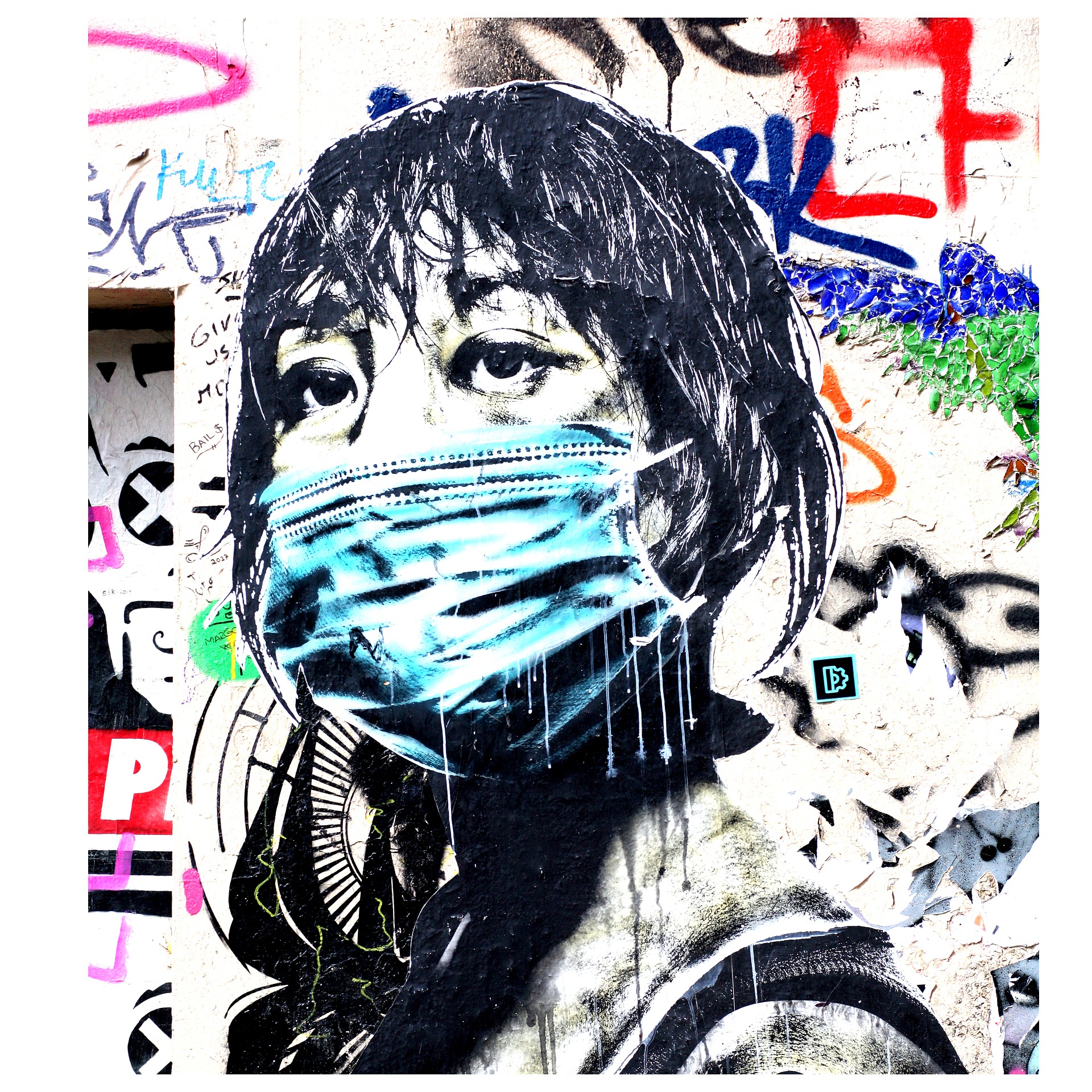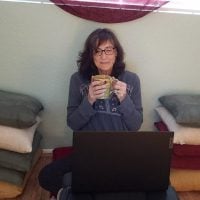I’m experiencing COVID-19 induced survivor’s guilt.
Lately, I’ve been feeling waves of weighty emotion that are foreign to me. I’ve been pretty optimistic for most of my life, but, now, I find myself confronting feelings of helplessness and irritability. I feel unmotivated and disconnected. There are times when waves of sadness flood over me.
Our emotional reactions to the pandemic are diverse—and personal. They can range from anxiety to depression, panic to hopelessness. But, when I take a bird’s-eye view of what we’re all going through, I’ve come to believe that many of us have survivor’s guilt.
Survivor’s guilt is defined as feelings of guilt that occur after surviving a life-threatening, traumatic event when others did not. It is a common reaction to traumatic events and a symptom of post-traumatic stress disorder (PTSD).
I like this quote from Diana Raab, PhD, from a 2018 article in Psychology Today:
“In truth, it’s not logical for someone to feel responsible for another person’s fate, but guilt is not something we necessarily have any control over. However, survivor’s guilt is a normal response to loss. Not everyone experiences this type of guilt, but it’s often a feeling that is difficult to shake.”
I posit that many of us are experiencing survivor’s guilt.
Here are some reasons why:
The Pandemic
The daily reporting on the pandemic tells us that—in the United States alone—there are currently 13.7 million people infected and more than 271,000 who have died. That is staggering.
I know friends whose loved ones have died of COVID-19. I know those who have recovered but are suffering “long-haulers syndrome.” They’re out of the woods but still experiencing extreme, life-changing symptoms.
My family has remained healthy.
Financial Insecurity
I learned from the Bureau of Labor Statistics that of the 16.9 million people unemployed in July, 9.6 million (57 percent) were unable to work because their employer closed or lost business due to the pandemic.
My entire family remains financially secure. No one has had job loss. Some have had income loss, but nothing that can’t be managed by cutting back a little.
Food Insecurity
Current statistics show that 265 million people in the U.S. are food insecure. This means that they do not have access to enough food for an active, healthy life for all household members.
Just yesterday, I saw a photo of thousands of cars, lined up for hours, to get food from a food bank in Dallas, Texas.
My family has plenty to eat.
Homelessness
In my state of California, there are currently 152,000 people who are homeless. The numbers are larger for Black and Latinx Americans. The current economic crisis, due to the pandemic, is exacerbating homelessness and the already existing racial and ethnic disparities.
I am white. I have a home.
So, what can we do about our survivor’s guilt?
The first thing is to care for ourselves. The name, in Sanskrit, for the act of benevolence is maitrī. The more we find ways to care for ourselves, the more we have the capacity to care for others.
Here are seven practices that might help:
Use Your Breath
We can use our breath to stay present in our lives. When we feel stressed, if we bring awareness to the breath, we bring ourselves back to the present moment, back to a calmer center.
Hug into Practices that Serve You
We may find ourselves overwrought with too much news, too many moments of chaos. If we hug into the practices that serve us—yoga, meditation, a dedicated spiritual practice, healthy eating, an exhilarating walk—these things can make us stronger and more able to be of service.
Open to Something More
It’s a worthy practice to keep ourselves open to something more; it might be a new hobby, a new way of thinking, a new friend, a new way to serve. These gentle challenges keep life “alive” with promise.
Remember the Paradox
Life offers a paradox: the opportunity to learn to accept and appreciate ourselves just as we are, and, at the same time, seek opportunities to become a more expanded version of ourselves.
Bring Mindfulness to Your Routines
We can find ways to call ourselves to mindfulness in the daily routines of our lives. Slowing down and bringing mindful awareness to the tasks of our day can help us stay focused in the present moment and live our lives to a greater fullness.
Practice Loving Kindness toward Yourself
As we move through this difficult time, instead of judging ourselves and comparing ourselves to others, what if we could develop a habit of being kind and loving toward ourselves? Anytime we hear that voice of self-criticism whispering in our ears, why not replace it with words of encouragement and acceptance?
Employ the Spirit of Practice
We won’t get it right every time so why not approach things in the spirit of practice. Practice forgiving ourselves, loving ourselves, laughing with ourselves, and nurturing ourselves.
When we do these things to care for ourselves, we become better at being of service to others. When we’re serving others, we might begin to feel less guilty for being one of the lucky ones.
~









Read 26 comments and reply